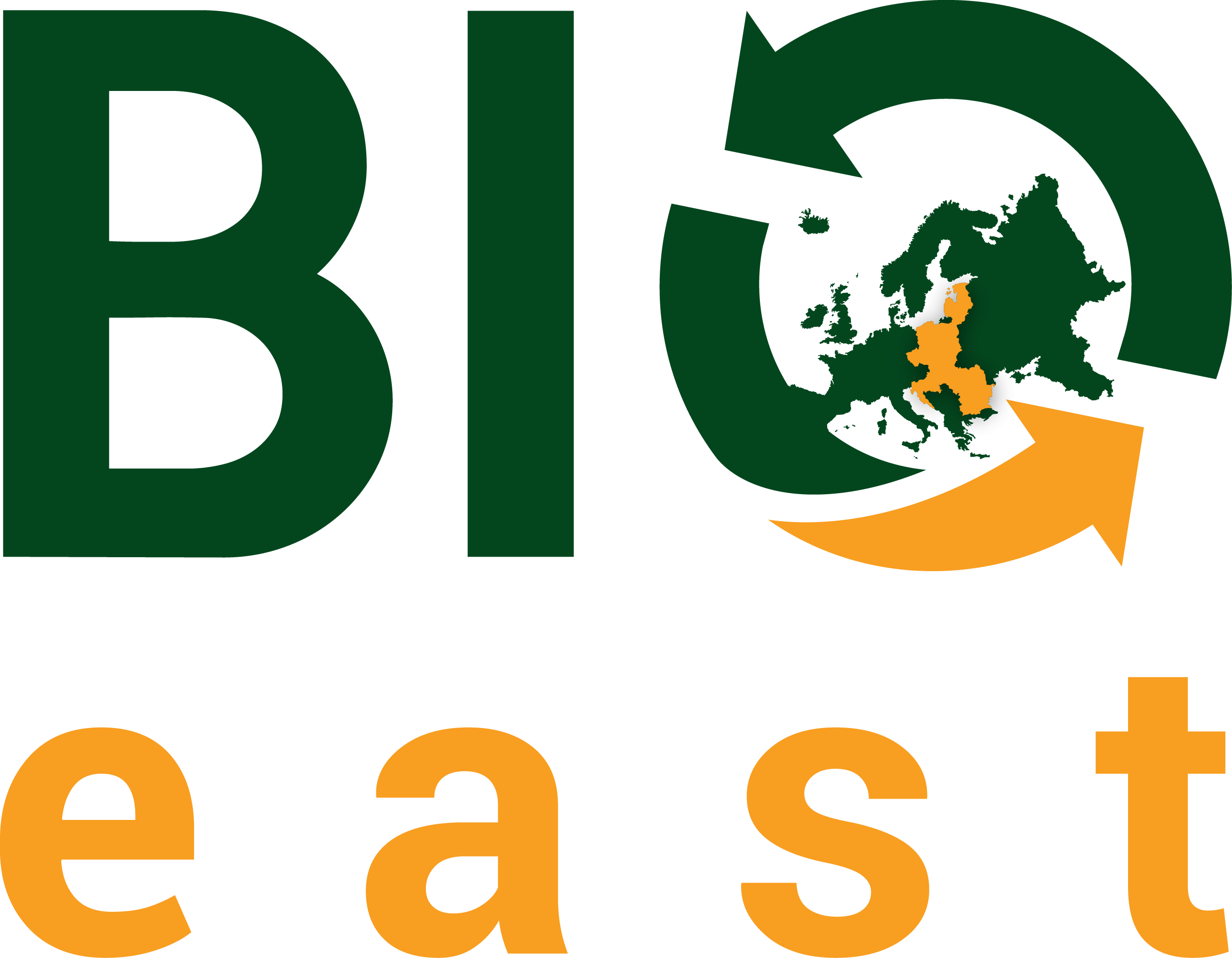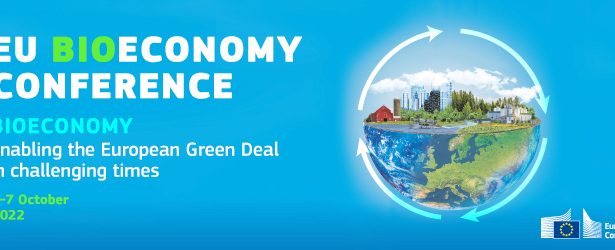Conference dedicated to the Progress Report of the EU Bioeconomy Strategy took place on 6th & 7th October 2022. A clear support for the BIOEAST macro region was clearly articulated.
Knowledge and skills as drivers for the change, new goals oriented EU Missions likewise the public private partnerships were identified as key factors and tools to enhance sustainable bioeconomy deployment in the EU. Joanna Drake the Deputy Director-General of the European Commission’s Directorate-General (DG) for the environment, Dr Qu Dongyu Director-General of FAO addressed the auditorium in the High Level opening. Maired McGuinness European Commissioner for financial services, financial stability and Capital Markets Union at European Commission pointed out the important role of the BIOEAST Initiative and the progress it enabled in the BIOEAST macro region. Ladislav Miko, Advisor to minister at Ministry of Environment who represented the Czech Republic that is currently the presidency country gave an insight in the ongoing discussion in the Czech Republic whether to have one strategy when the bioeconomy as a topic is embedded in several current strategies. Ladislav Miko, highlighted the need for exchange of good practice, involvement in the international projects and education of citizens.
The High Level Policy Panel discussion was centred on the pressures on biomass and land use increase, fuelled by geopolitical crises and the need for a holistic bioeconomy. John Bell director at European Commission sent a clear message that a critical vision for the region “where we want to go” is necessary, the cooperation of public and private organisation a challenge. He also said, that bioeconomy is not a magical world; if managed properly it creates value, people are getting returns and it can be a comping mechanism.
This press release was prepared by BIOEAST HUB CZ who participated on site, it shall not be considered as any official PR. We are ready to discuss and correct any unclear interpretation we might have made, please be aware that such doing was dully unintended.
Bioeconomisation of Regions
The Session 6 of the High Level EU Bioeconomy Conference zoomed on how regional development and cohesion policy could enhance the development of a sustainable and circular bioeconomy, with a special focus given to the BIOEAST region.
Supporting the transition in challenging times requires an incremental effort to concentrate resources, investments and policies in key strategic areas with the highest social, economic and environmental impact. Regions and interregional cooperation are crucial in ensuring this is achieved by synchronizing common interests, knowledge, infrastructure and business models.
Barna Kovács the State Secretary of the BIOEAST Initiative moderated a discussion between policy makers represented by Karina Angelieva former Deputy Minister of Innovation and Growth, Siim Tiidemann Deputy Secretary General for Fisheries Policy and Foreign Affairs of Ministry of Rural Affairs of Estonia, Šime Erlić the State Secretary at Ministry of Regional Development and EU Funds, Croatia and representatives of the regional and private organisations – Ilaria Re, EU Project Office Director
Consorzio Italbiotec, Prof. Dr. Ralf Kindervater is the CEO of BIOPRO Baden-Württemberg GmbH and the Young ambassador Katrin Jõgi from Fibenol OÜ. Katrin Jõgi started the session showing the interlinks between countries that have the bioeconomy strategy and countries that nominated their representative to the Young ambassador competition; the group of countries was almost identical.
Karina Angelieva highlighted the problem in an absence of fundamental research, the need to access research results and innovations and only a limited number of available demo projects. Siim Tiidemann named the attractivity the IT investments dispose for investors and outlined the need to arrange it for the bioeconomy investments. Šime Erlić emphasised the need for better cooperation, clarifying responsibilities to secure respond and actions. Ilaria Re outlined the need for decision-making and predictive tools based on the evidence of investment impact indicators and also transforming development maps and strategies into more concrete action plans. These can shape a real, sustainable economy. Barna Kovács summarised the section accenting the need for the political commitment, hight attention for networking to connect all levels.
The BIOEAST Initiative Governance Paper assigns a key role for the stakeholder engagement to national BIOEAST HUBs established in line with the Governance Paper. The enhancement of national BIOEAST bioeconomy HUBs for “connecting the dots” can indeed play a vital role in the bio economy implementation.The BIOEAST Initiative established seven macro regional thematic working groups as platform of the intensive dialog between policy makers, researchers, NGOs and business.
The BIOEASTsUP project supported by H2020 is providing support for national networks, thematic working groups. BIOEAST Foresight Study and BIOEAST SRIA. Three validation workshops were organised, the last one will take place in Warsaw on 26th October – more information can be find on www. bioeast.eu.

